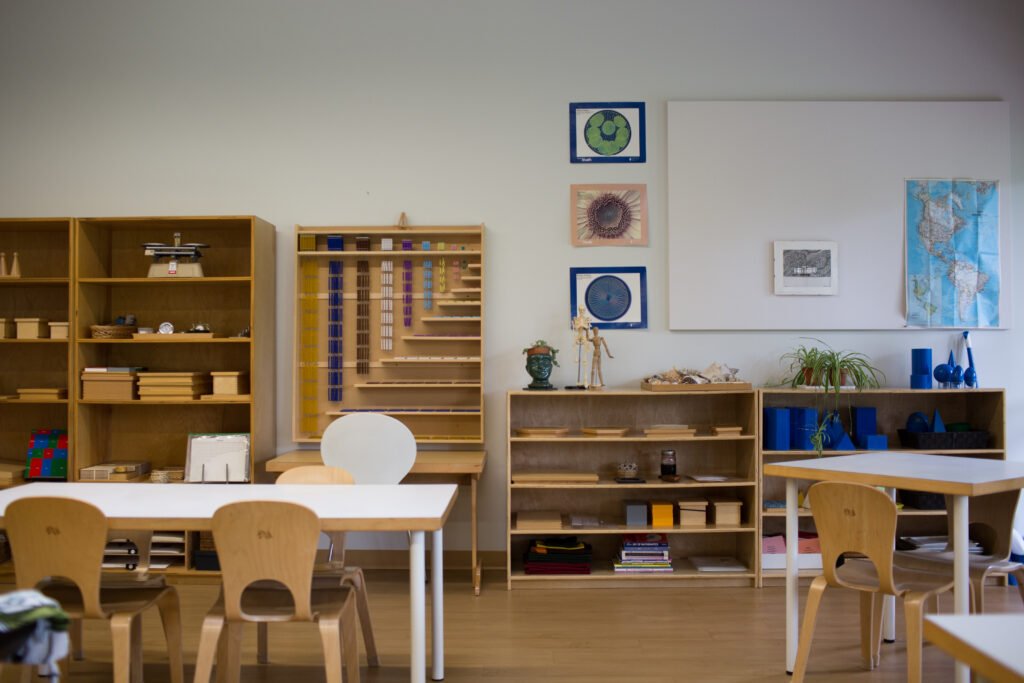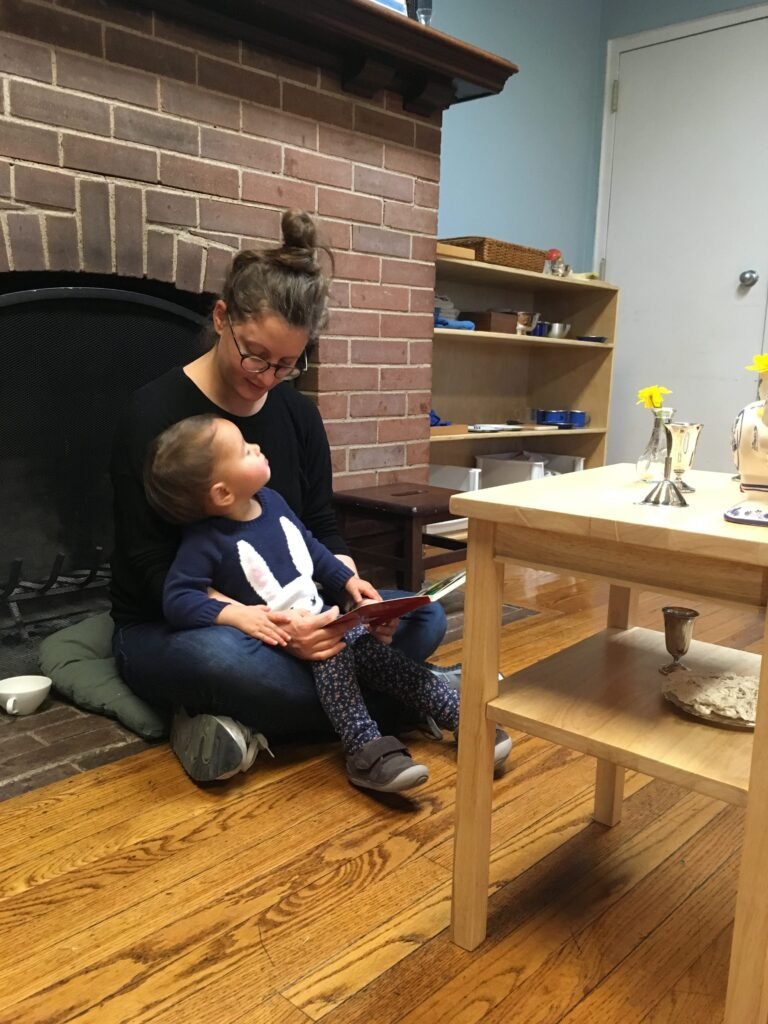On Choice: Part 1 - Offering Real Choices
Choice and the interrelated freedoms surrounding it are a central part of Montessori environments and parenting. Over a series of posts we'll look at the role of choice both in and out of the classroom. This post begins the journey by examining the importance of real, or authentic, choices. Choice is integral to Montessori because it is a necessary component of respecting the child. Choice is empowering and important. Choice allows all of us, children included, to take ownership of ourselves and our environment. We often expect children to control themselves and make good choices, but we don’t give them the opportunity to practice either of these. If you want your child to learn to control their body, you must first allow them to move their body. If you want them to make good choices, you must give them practice making choices.However, all choice is not equal. In order to reap the benefits of making a choice there are elements which must also be in play. One of these is the authenticity of the choice.
Choice is integral to Montessori because it is a necessary component of respecting the child. Choice is empowering and important. Choice allows all of us, children included, to take ownership of ourselves and our environment. We often expect children to control themselves and make good choices, but we don’t give them the opportunity to practice either of these. If you want your child to learn to control their body, you must first allow them to move their body. If you want them to make good choices, you must give them practice making choices.However, all choice is not equal. In order to reap the benefits of making a choice there are elements which must also be in play. One of these is the authenticity of the choice. Often the choices we offer children are not real choices. I would guess we’ve all had moments where we’ve said something to the effect of, “If you don’t put on your shoes, you can’t go to school.” And, if we’re honest with ourselves we know that those words are not accurate; that choice is not real. When our child chooses not to put on their shoes, we will likely just pop those shoes on their feet and scamper off to school. Or perhaps we’ll take the negotiation route change our tack to, "I'll tell you what, if you put your shoes on you can ...."An authentic choice in the above situation would be, “Are you going to put on your shoes or shall I put them on?” Or, "Are you going to put on your left shoe first or your right shoe?" (The second approach may require a follow up of, "I see you are not choosing which shoe to put on first. I will put your left shoe on first.")Even if we think of it as practice, in order for our children to reap the vast benefits of choice-making, real choices are necessary. If a child is offered false choices (or "choices" that aren't really choices), they learn that their choice is neither important nor valid. Furthermore, they do not learn the consequences (good or bad!) of making that choice.
Often the choices we offer children are not real choices. I would guess we’ve all had moments where we’ve said something to the effect of, “If you don’t put on your shoes, you can’t go to school.” And, if we’re honest with ourselves we know that those words are not accurate; that choice is not real. When our child chooses not to put on their shoes, we will likely just pop those shoes on their feet and scamper off to school. Or perhaps we’ll take the negotiation route change our tack to, "I'll tell you what, if you put your shoes on you can ...."An authentic choice in the above situation would be, “Are you going to put on your shoes or shall I put them on?” Or, "Are you going to put on your left shoe first or your right shoe?" (The second approach may require a follow up of, "I see you are not choosing which shoe to put on first. I will put your left shoe on first.")Even if we think of it as practice, in order for our children to reap the vast benefits of choice-making, real choices are necessary. If a child is offered false choices (or "choices" that aren't really choices), they learn that their choice is neither important nor valid. Furthermore, they do not learn the consequences (good or bad!) of making that choice. Perhaps more profoundly in the parent-child relationship, false choices do not build trust and they do not help our children understand their world. If we tell our children one thing but then do something else entirely, how do our children know what we mean? How do they know that the next time we really mean x or y? When offering a choice try your best to mean what you say and say what you mean. Yes, this is a skill that takes practice!If we offer a choice we should try to make it a genuine choice. The trust built on knowing that we mean what we say has a far-reaching effect for our children. It gives them a firm foundation on which to explore the world. It lets them see the power of their choices and their actions. The boundaries and limitations which are inherent to real choices offer a security and consistency which nurture children's growth.Choice-making, specifically learning how to make good choices, is a learned skill. It takes time to hone this skill, which is why we seek to provide lots of opportunities for practice. Try to take the time to reflect on what you're saying to your child, making sure you are offering a real choice. You give a great gift when you allow your child to truly practice making choices.With thanks to Melinda Smith and Rebecca Lev for the photographs.
Perhaps more profoundly in the parent-child relationship, false choices do not build trust and they do not help our children understand their world. If we tell our children one thing but then do something else entirely, how do our children know what we mean? How do they know that the next time we really mean x or y? When offering a choice try your best to mean what you say and say what you mean. Yes, this is a skill that takes practice!If we offer a choice we should try to make it a genuine choice. The trust built on knowing that we mean what we say has a far-reaching effect for our children. It gives them a firm foundation on which to explore the world. It lets them see the power of their choices and their actions. The boundaries and limitations which are inherent to real choices offer a security and consistency which nurture children's growth.Choice-making, specifically learning how to make good choices, is a learned skill. It takes time to hone this skill, which is why we seek to provide lots of opportunities for practice. Try to take the time to reflect on what you're saying to your child, making sure you are offering a real choice. You give a great gift when you allow your child to truly practice making choices.With thanks to Melinda Smith and Rebecca Lev for the photographs.

